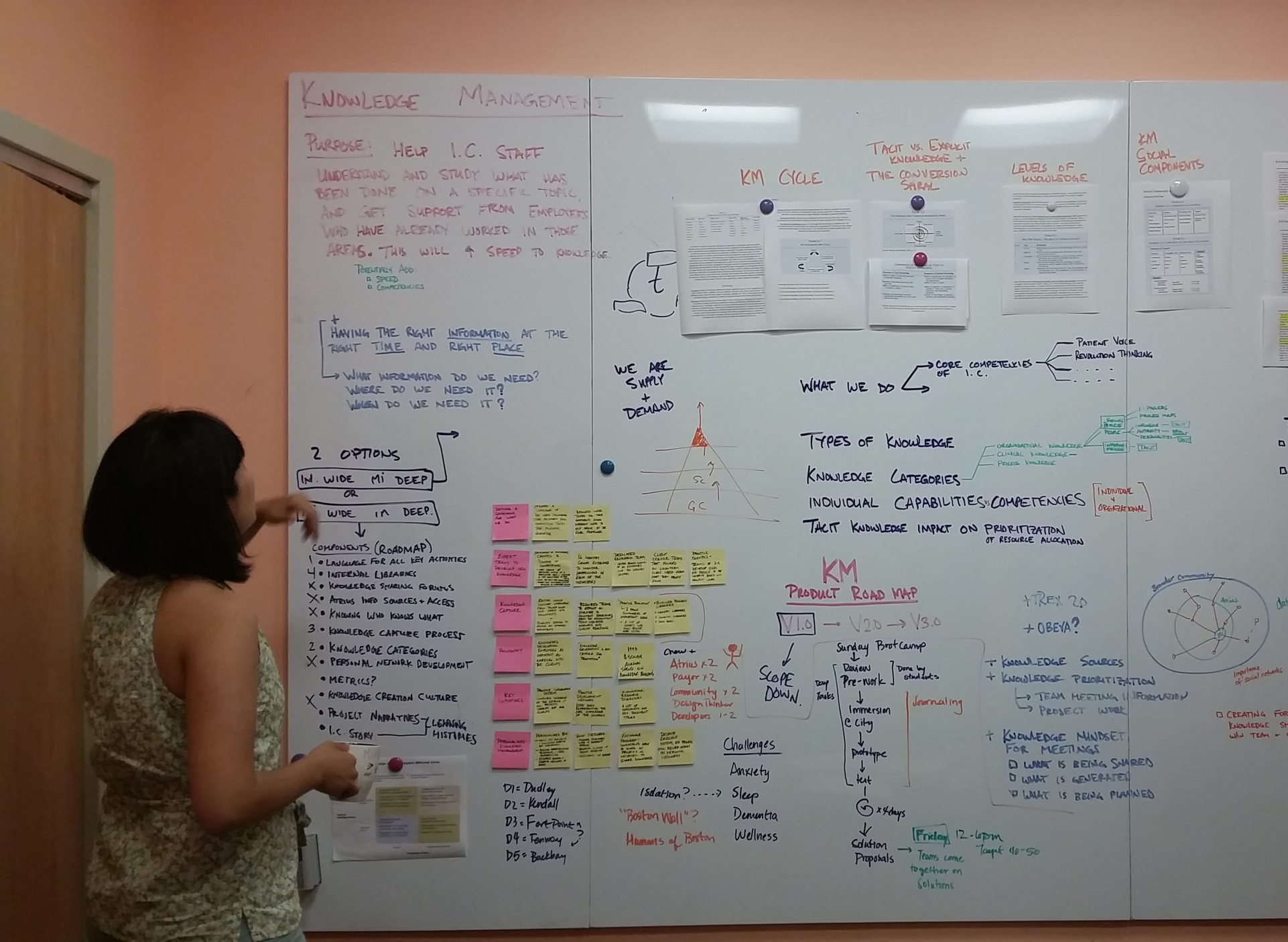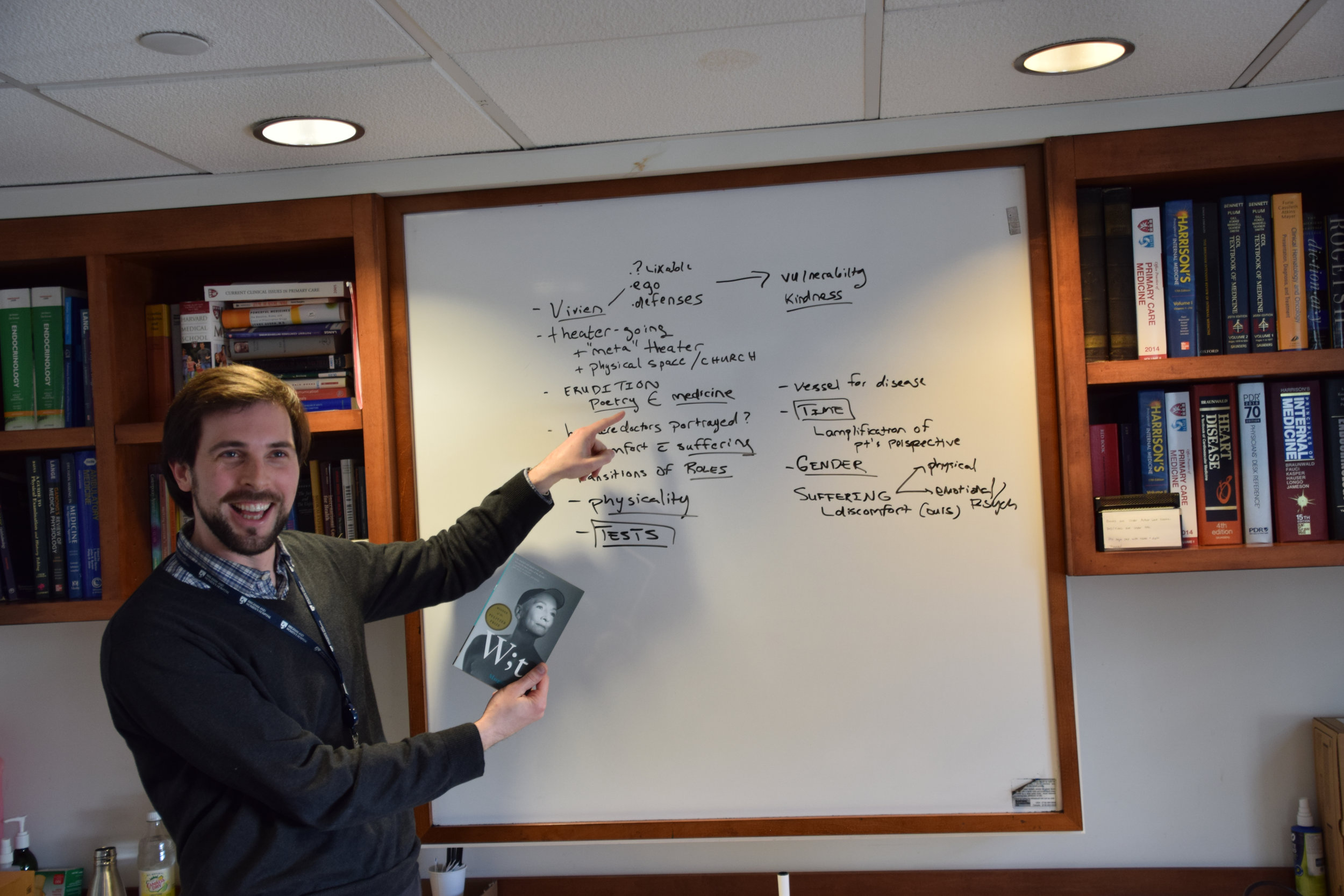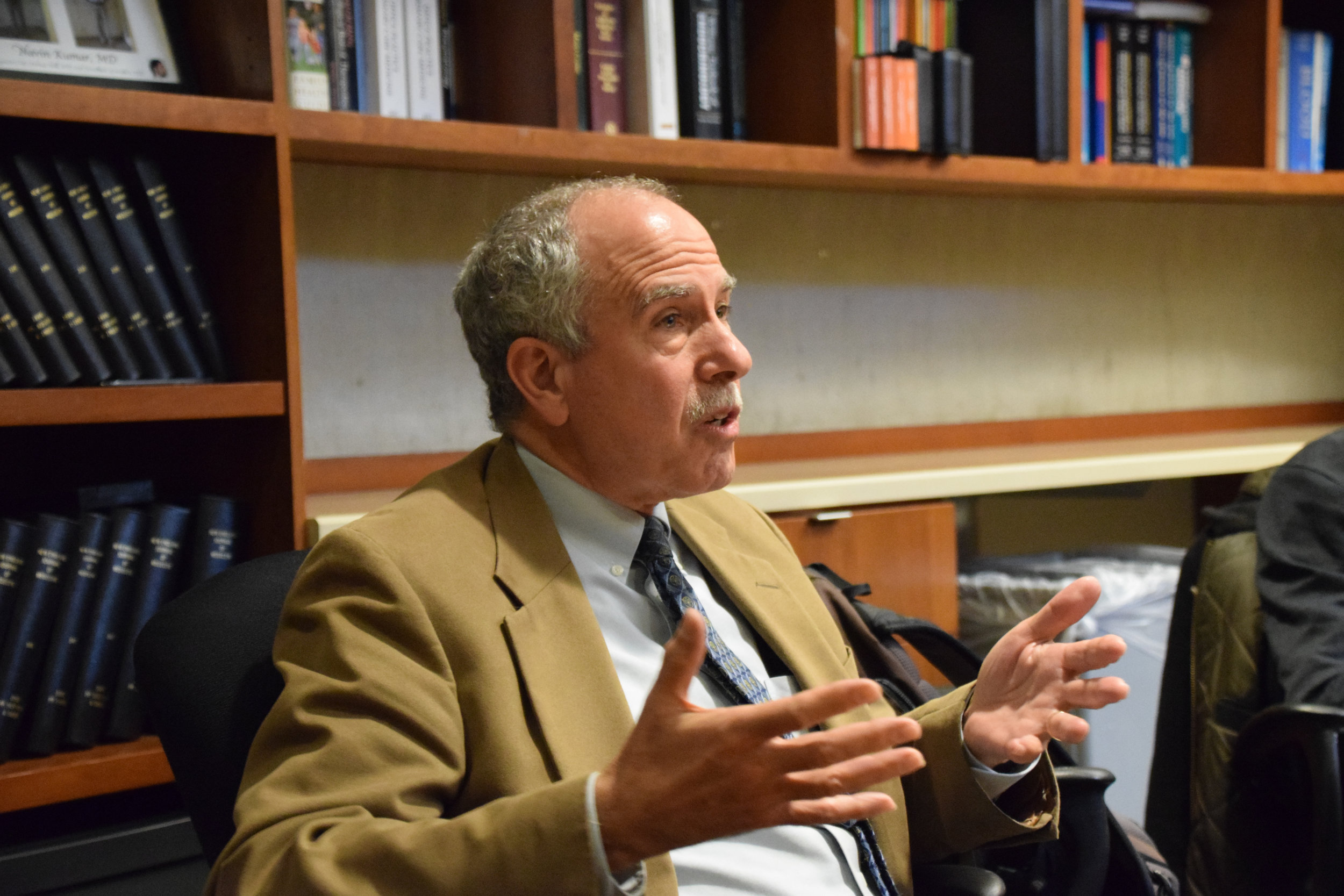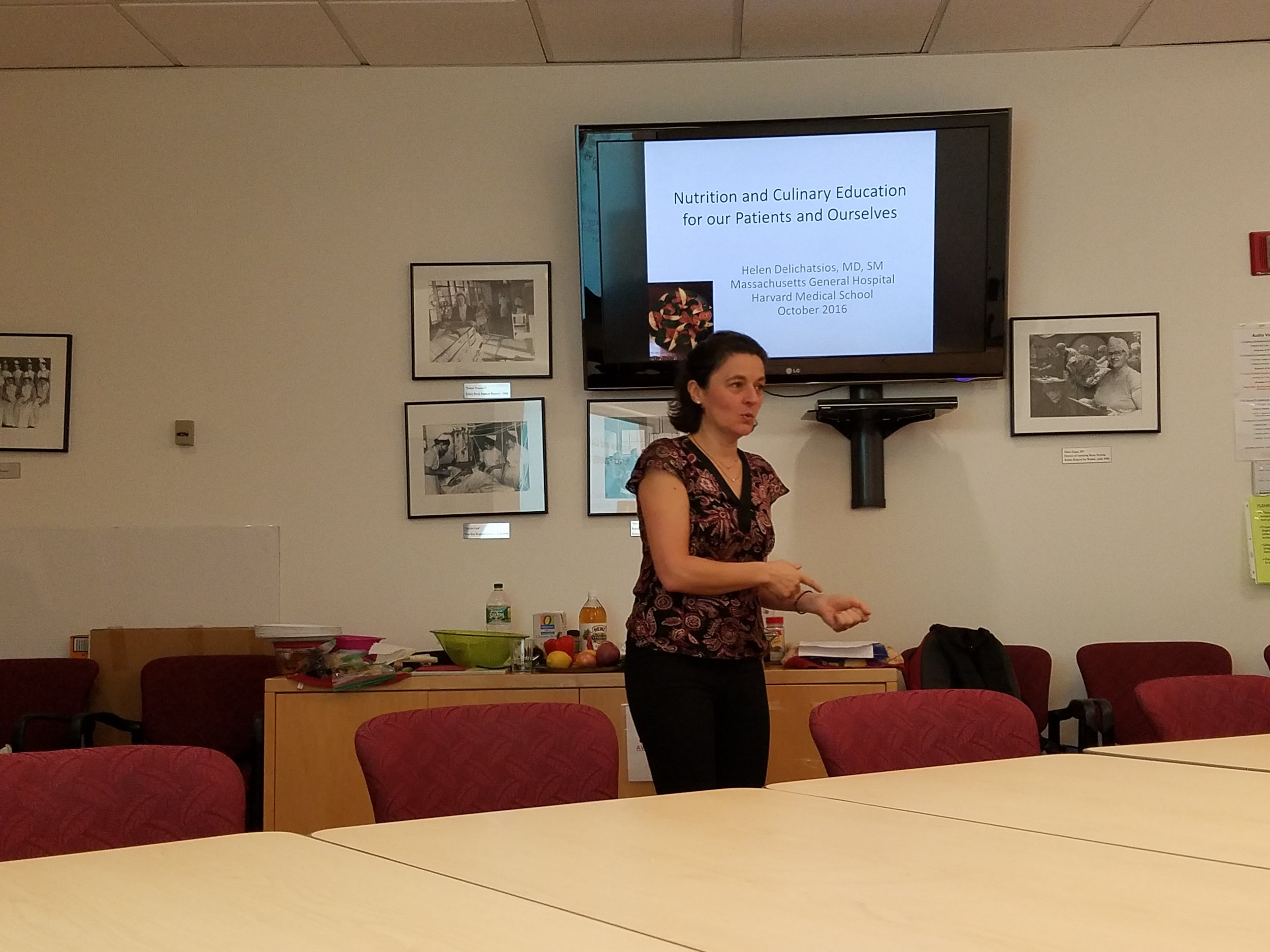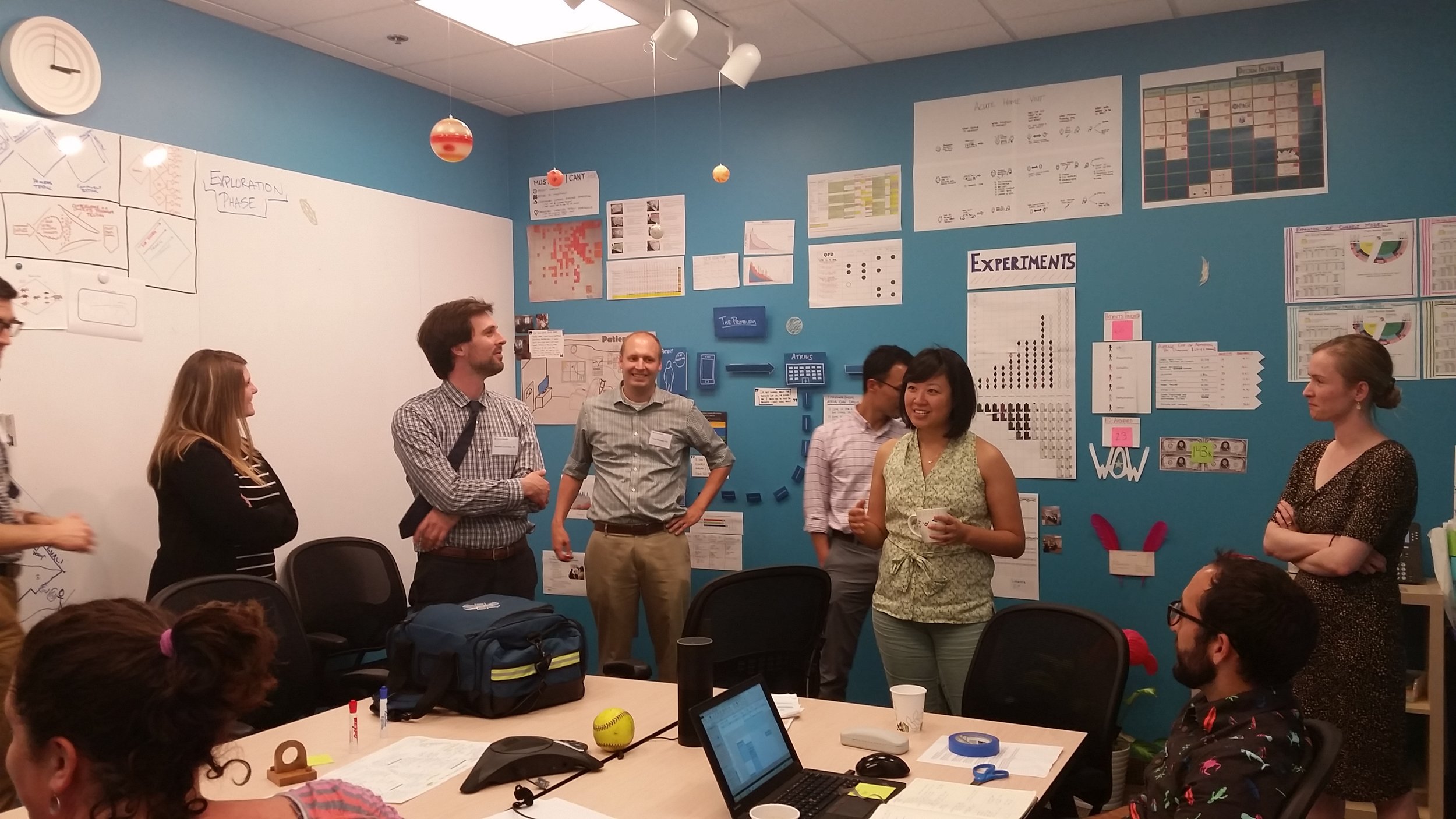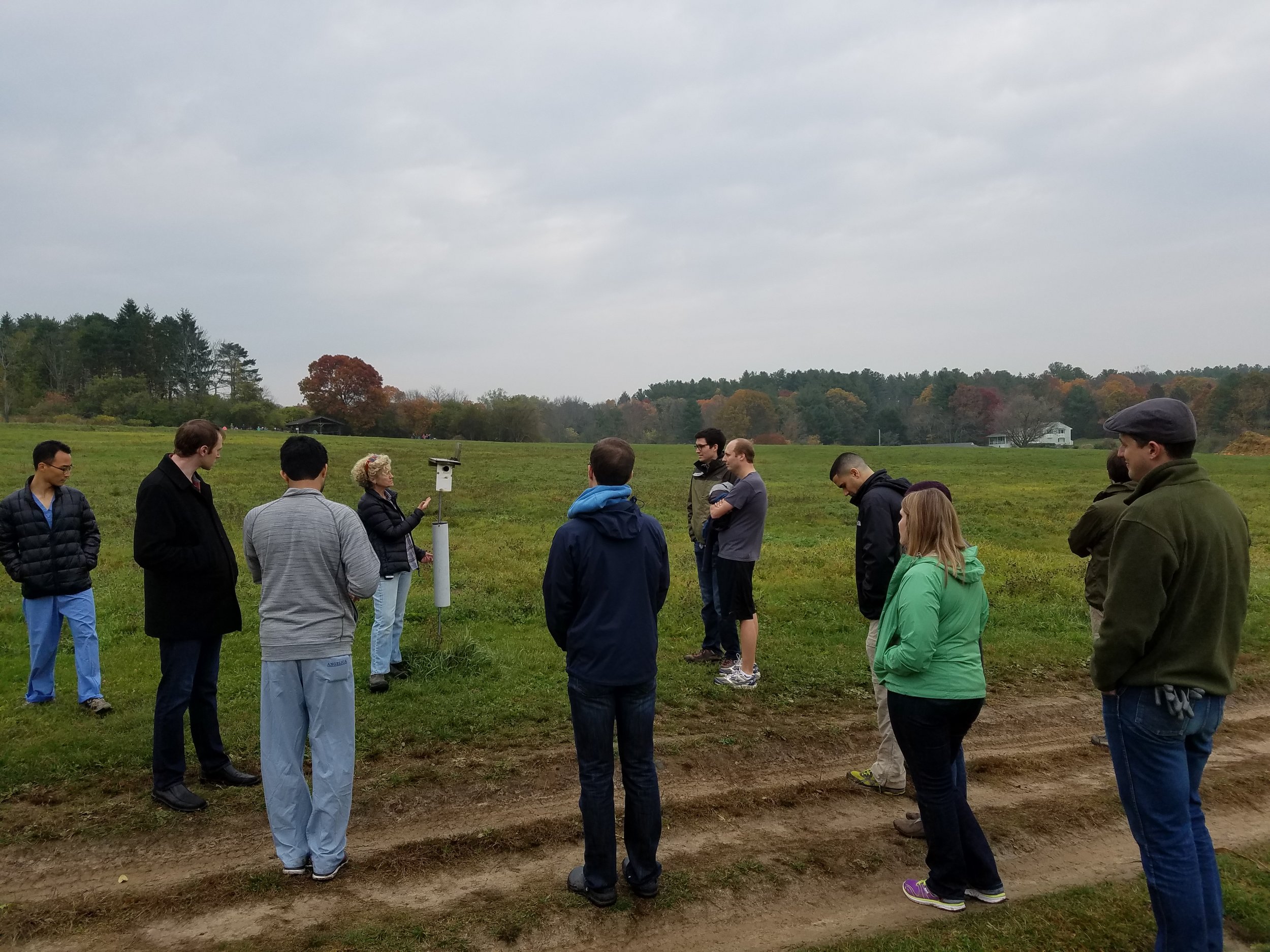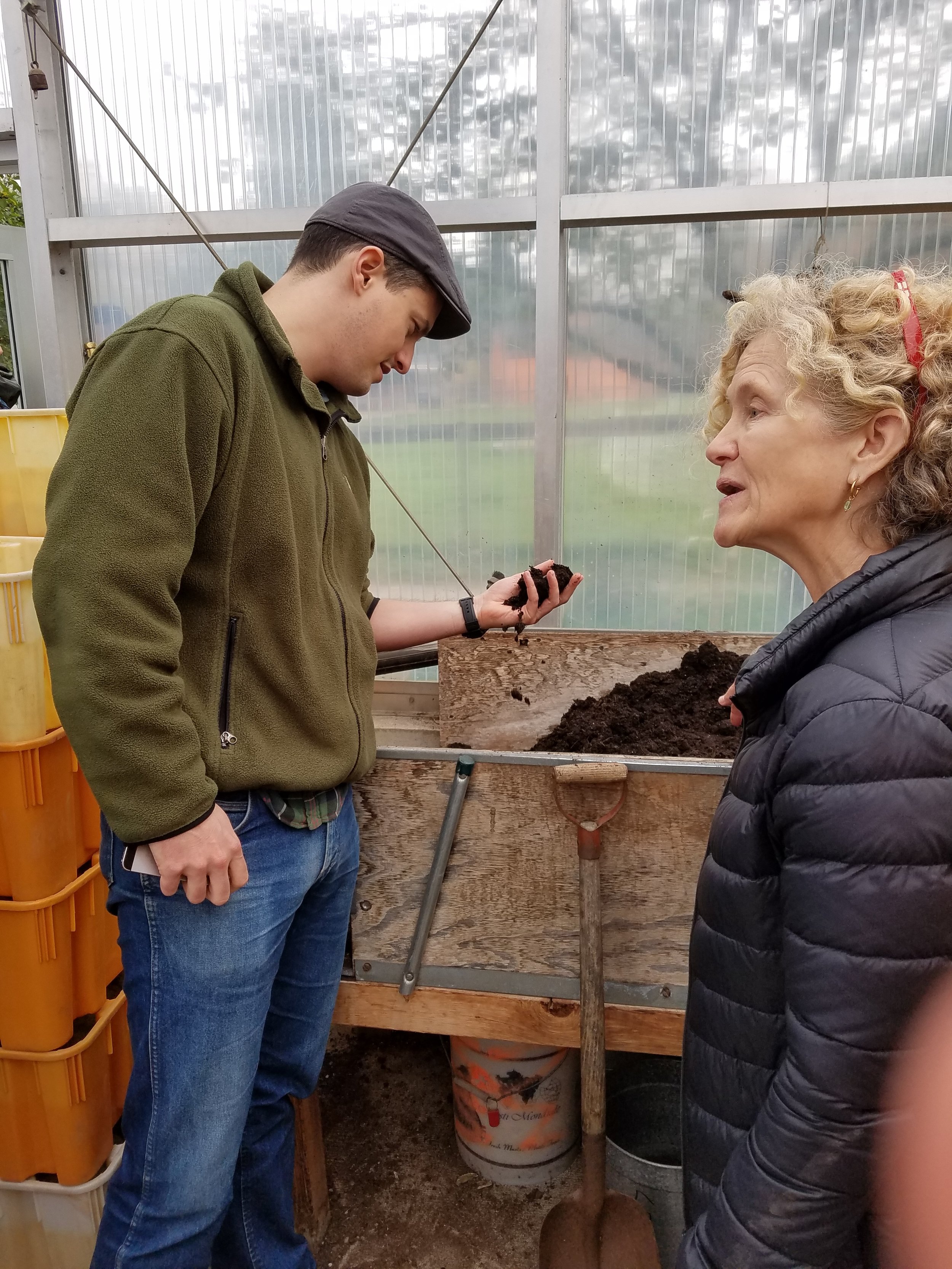Learn from the experts and each other in a resident-driven curriculum
BWH/Atrius primary care residents across all 3 years have their outpatient time scheduled together so as to make the following unique components of the program possible
CLINICAL EPIDEMIOLOGY Every week a resident leads a roundtable journal article discussion with an emphasis on epidemiologic methods and application to primary care practice. The session is overseen by program director and clinical epidemiologist Dr. Bill Taylor.
PATIENT-DOCTOR Residents engage in a weekly reflective session that focuses on the joys and the struggles of clinical practice. Not only does this foster support and community within the program, it also provides a space for personal healing and growth. This is one of the favorite and most cherished components of our curriculum and is led by facilitators Dr. Amy Ship and Dr. Gregory Johnson.
FACULTY TALKS These talks feature some of the best educators in the Brigham and Atrius community. Residents handpick speakers so lectures are always engaging, relevant and fun.
RESIDENT TALKS As an adjunct to faculty talks residents are also responsible for teaching a subset of topics in ambulatory care. Because learning is an active rather than passive practice, “res talks” allow residents the opportunity to enhance skills as teachers, leaders, communicators, clinicians and learners. Residents are mentored in teaching skills, the art of feedback, and engagement in interactive, adult learning styles that keep didactics engaging and useful.
JUNIOR CURRICULUM [(Click here for examples)] The program embraces the unique passions and interests of our residents outside of the walls of the exam room. Junior residents create short curriculums on topics about which they are passionate. Previous topics are wide-ranging and include: Disabilities in Healthcare, Design Thinking, and Disruption in Healthcare.
HOWIE ROUNDS Residents bring cases for weekly discussion with master clinician Howard Lewine in a “morning-report” style format.
AND MORE! There is no limit to the flexibility in creating a curriculum that best serves the needs of our group. Other components of our curriculum include communication skills (Motivational Interviewing, The Serious Illness Project, Negotiation Skills, etc), longitudinal palliative care and chronic pain curriculums, workshops on implicit biases, and more.

